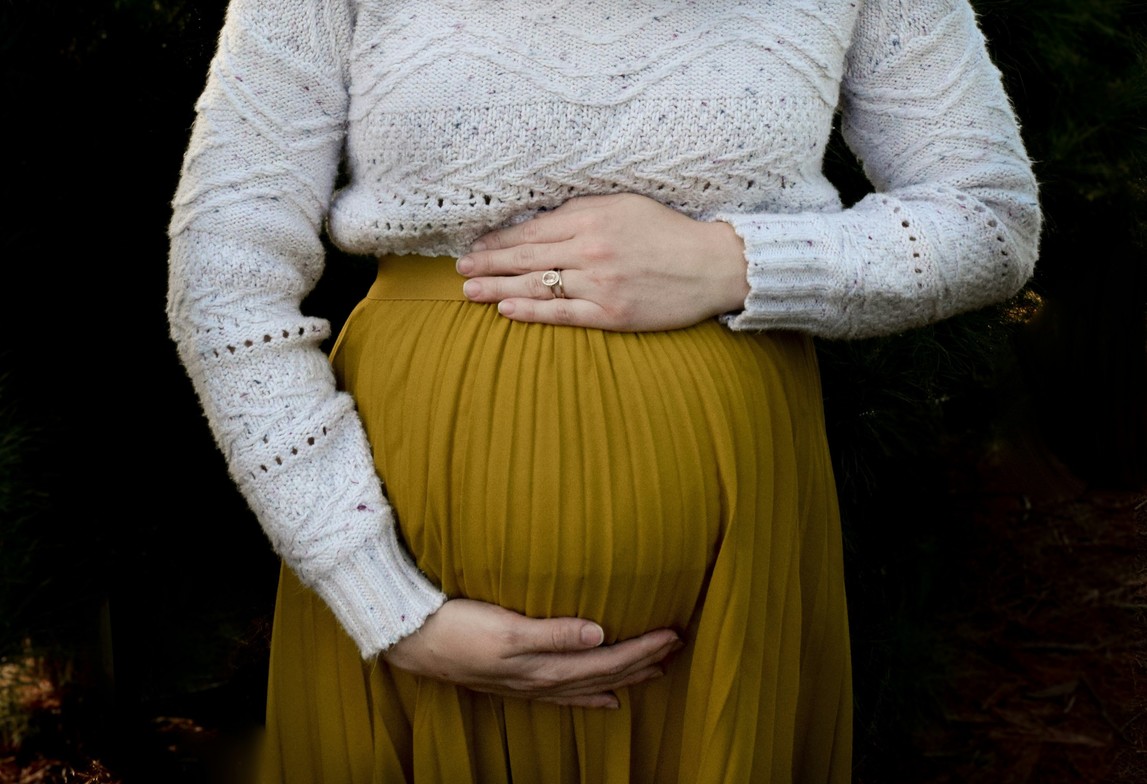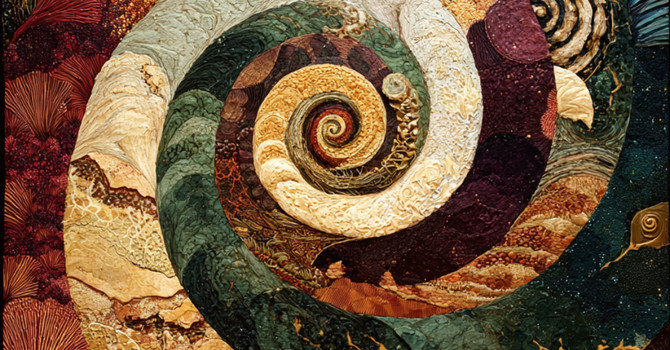
40 Days of Sacred Healing: A Gentle Guide to Postpartum Care in Islam and Science by Erum Qureshi, DNP, APRN
Did you know that the first 40 days after childbirth are considered sacred in many traditional cultures and especially in Islam? This is a time when the mother’s healing, rest, and care are not just recommended, they’re essential. Let’s take a closer look at why this period is so important and how it's honored in Muslim tradition and beyond.
Let’s be real... bringing a new human into the world is no small thing. After nine (long) months of growing a baby and the huge event of childbirth, a mother deserves more than just a quick “congrats” and to jump back into daily life. Around the world, cultures have long known that the first 40 days after birth are sacred. And guess what? Islam and traditional Muslim wisdom completely agree.
This essay is your gentle, heart-centered guide to why the 40-day postpartum period is so important according to Islamic tradition, Prophetic medicine, Unani Tibb (Greco-Arabic medicine), and yes, even modern science.
Post-Birth Rest Isn’t Just Tradition... It’s a Global Thing
In China, new moms follow “zuo yuezi” (sitting the month), resting at home for about 30–40 days, eating warm foods, and keeping cozy. In Mexico, “la cuarentena” means 40 days of pampering, bonding, and staying away from stress. And in Muslim cultures? We have nifas, a beautiful tradition that gives moms space to heal and connect with their babies - spiritually, emotionally, and physically.
Nifas: Islam’s Built-In Break for New Moms
In Islam, a woman enters the state of nifas after giving birth. It typically lasts up to 40 days.
During this time:
- She’s not expected to pray or fast (no guilt here... it’s a mercy!).
- She rests, bonds with her baby, and regains strength.
- Sexual intimacy is paused until this healing window ends.
- She performs ghusl (a full-body spiritual bath) once the bleeding stops, then resumes prayer.
It’s a divinely gifted pause - time to rest, recover, and not worry about obligations. Islam honors this time, not as something “impure,” but as something deeply sacred and necessary.
What Did the Prophet ﷺ Recommend? (Hint: Delicious Things)
While there’s no one-size-fits-all postpartum protocol in Prophetic medicine, the foods and habits that the Prophet ﷺ encouraged happen to be perfect for new moms:
- Dates – super energizing and full of iron (Maryam ('alayha sallam) had them during labor!)
- Talbina – a soothing barley porridge, great for emotional and gut healing
- Honey, milk, bone broth – warming, nourishing, and easy on the stomach
Unani Tibb backs this up too. It sees childbirth as a temporary imbalance - usually making the body cold and dry from blood loss. So, the goal is to restore warmth and moisture.
Think:
- Herbal teas with ajwain, fennel, fenugreek, anise
- Warm oil massages to boost circulation
- Avoiding cold drinks, overwork, and emotional overload
Why 40 Days? What’s So Special?
There’s some serious spiritual and biological magic behind this number. In the Quran, Prophet Musa ('alayhi sallam) spent 40 nights in seclusion. Prophet Muhammad ﷺ received revelation at 40. And in the body, it takes about 6 weeks for hormones to rebalance, the uterus to shrink back, and for breastfeeding to get fully established. It’s not random - it’s wise.
Muslim Mamas Around the World Know What’s Up
In Pakistan and India, moms get a full 40-day “chilla” with hot foods, massages, and baby snuggles while aunties take care of everything else. In Arab countries, women stay warm, sip healing drinks, and soak in spiritual vibes. In North Africa and Turkey, there are herbal compresses, oil rubdowns, and plenty of rest. In Indonesia, moms observe “pantang,” a traditional healing period with massages, tonics, and body treatments.
These aren’t “old wives’ tales” - they’re powerful practices passed down with love.
What Science Says: Moms Need This Time
Modern research totally backs what our traditions have been saying all along. Giving moms time to rest, eat well, and get support after birth can:
- Reduce postpartum depression and anxiety
- Prevent complications like infections and fatigue
- Lower the risk of SIDS (Sudden Infant Death Syndrome)
- Improve breastfeeding success and emotional bonding
And yes, babies benefit too!
Why Babies Love It When Moms Heal Well
When a mom is rested, nourished, and supported, her baby feels it:
- They’re more likely to be calm and securely attached
- Breastfeeding is easier (and gives them all the immune goodies)
- Their brains and bodies grow stronger in the long run
This period shapes a baby’s lifelong health, both physical and emotional.
The Islamic Way: Whole-Person Healing
This isn’t just about chicken soup and naps (though those are important!). Islam teaches a balanced, holistic approach:
- Physical: Warm, moist foods, massage, gentle movement
- Emotional: Supportive company, quiet time, less stress
- Spiritual: Dhikr, Qur’an recitation, du’a—light and healing
- Social: A mother’s space and rest are respected and protected
Simple Sunnah-Inspired Tips for the 40 Days
1. Eat warm, nutrient-packed meals (dates, barley, broths)
2. Stay cozy and avoid physical strain
3. Rest - a lot
4. Let others take care of you for a change
5. Ease back into spiritual acts with du’a and dhikr
6. Start praying again after your bleeding ends and you perform ghusl
Wrap-Up: Let’s Bring Back the Sunnah of Rest
Taking 40 days to heal isn’t lazy - it’s sacred. It’s a mercy built into our faith. It honors the mother, the womb (rahm), and the miracle of birth. When we support mothers during this time, we strengthen families, communities, and future generations.
Caring for a mother is caring for the entire ummah. The womb is sacred. Honor her 40 days.



